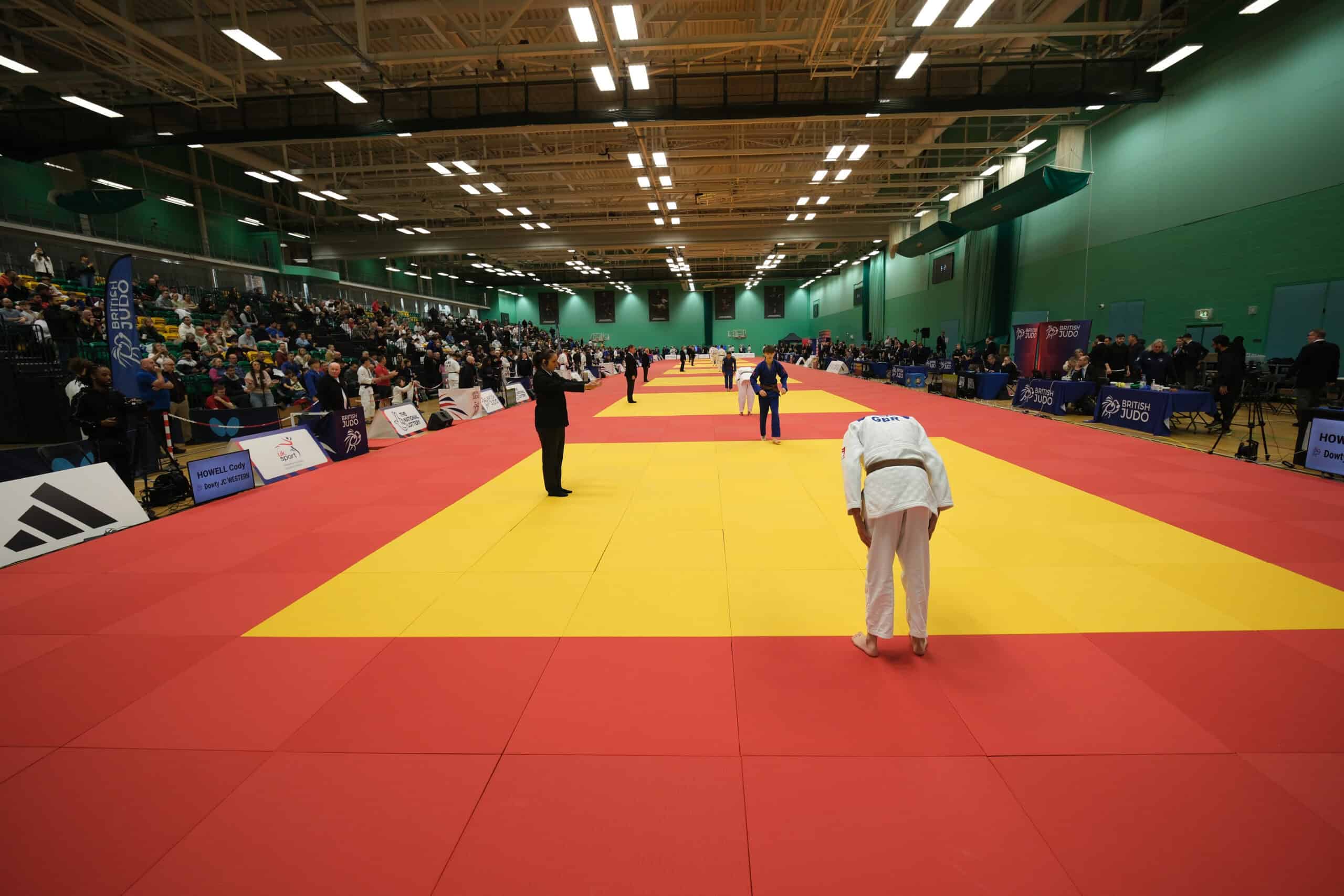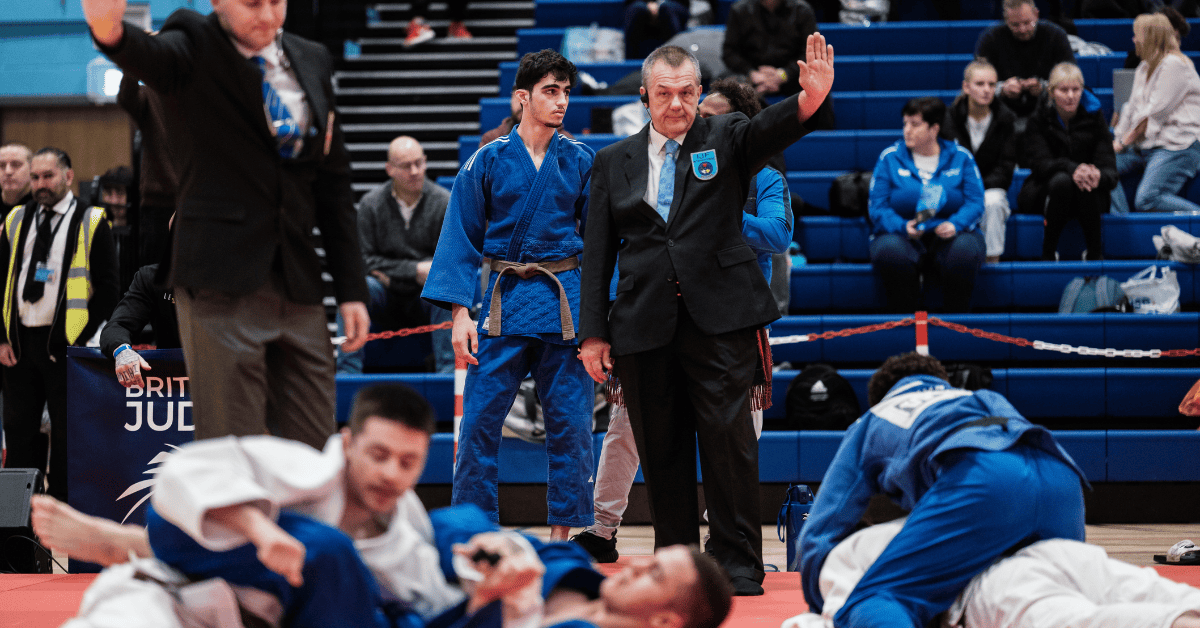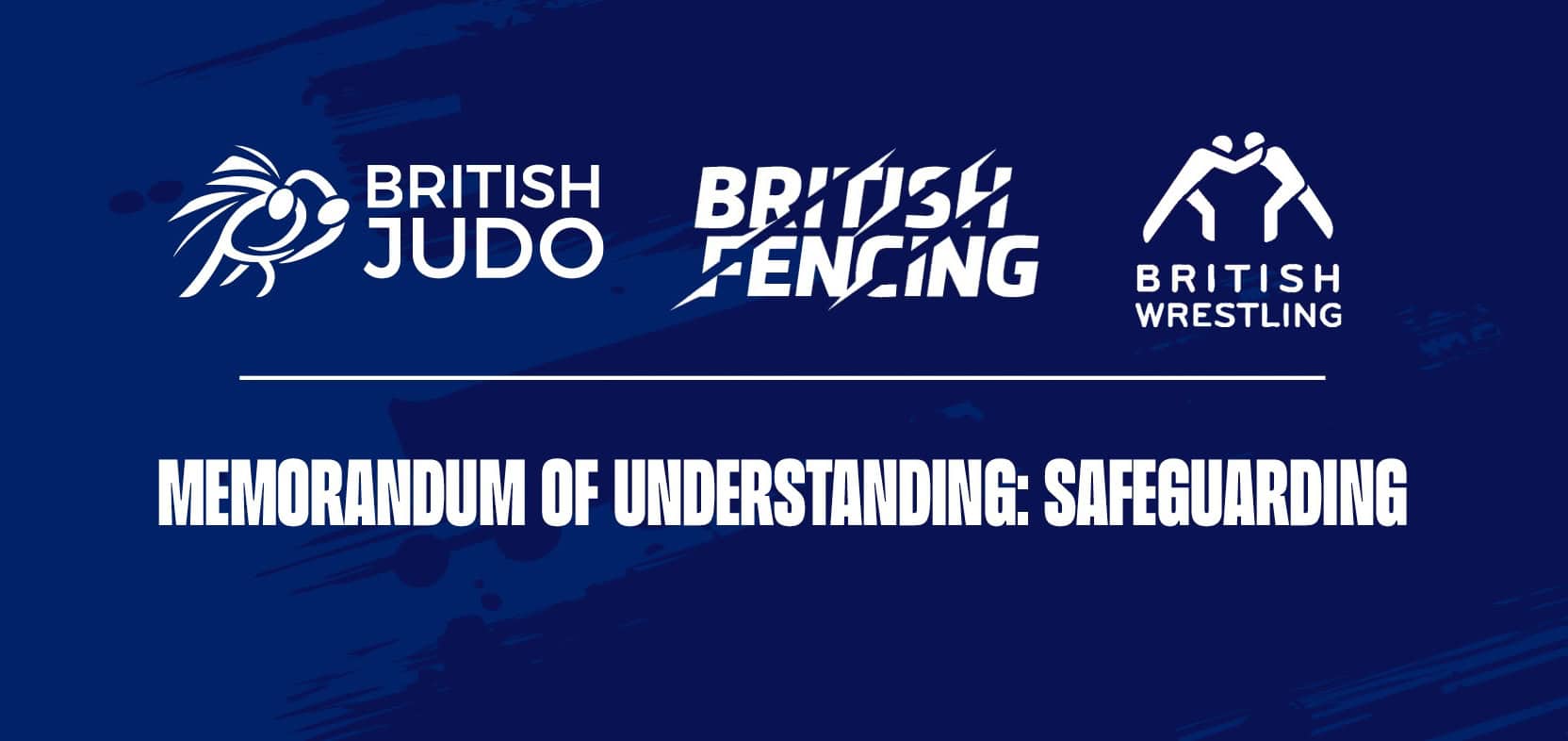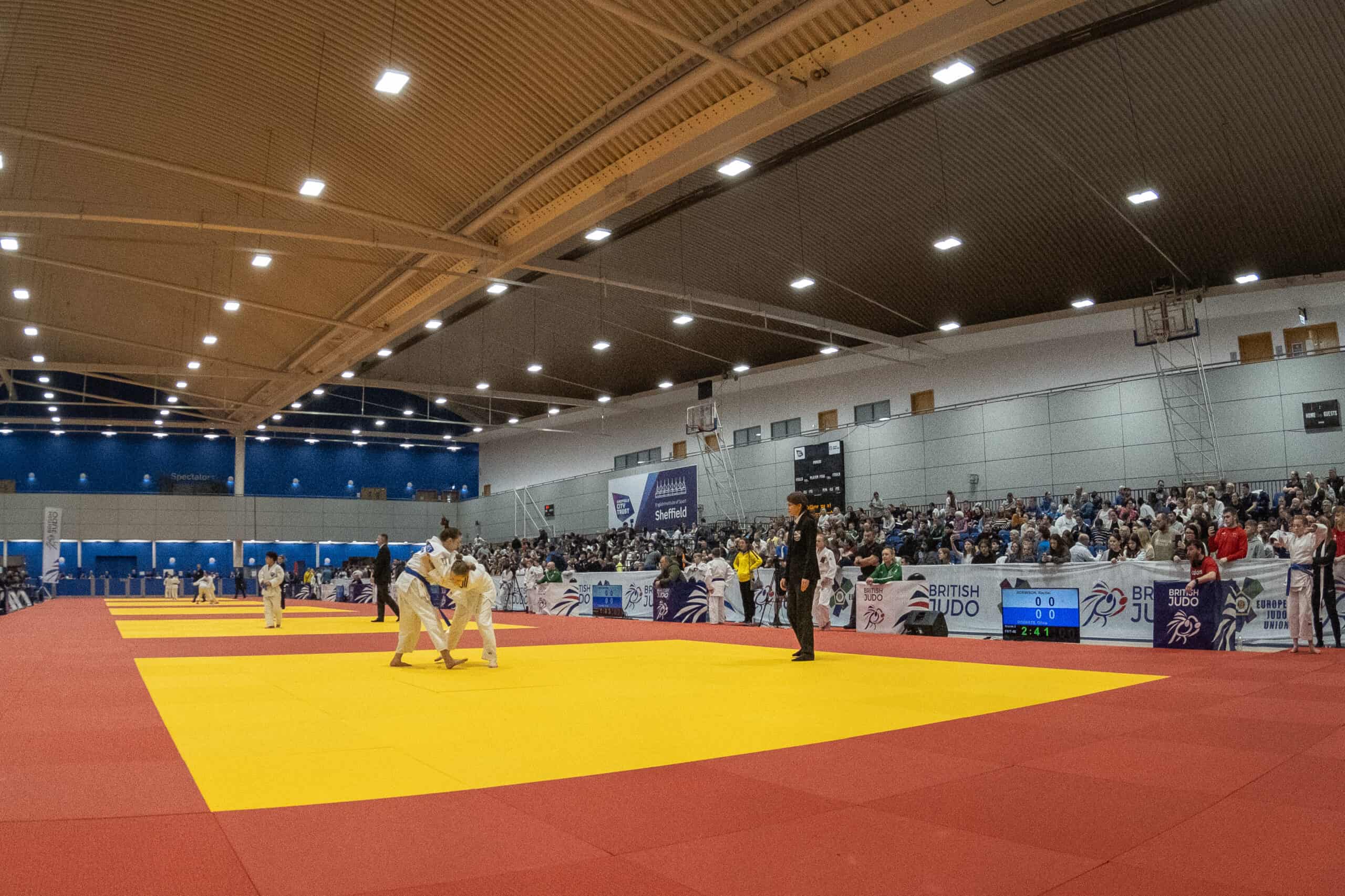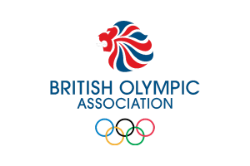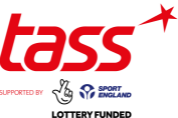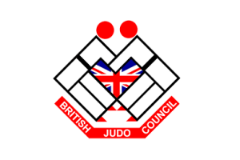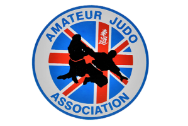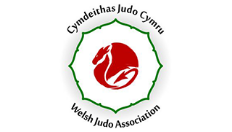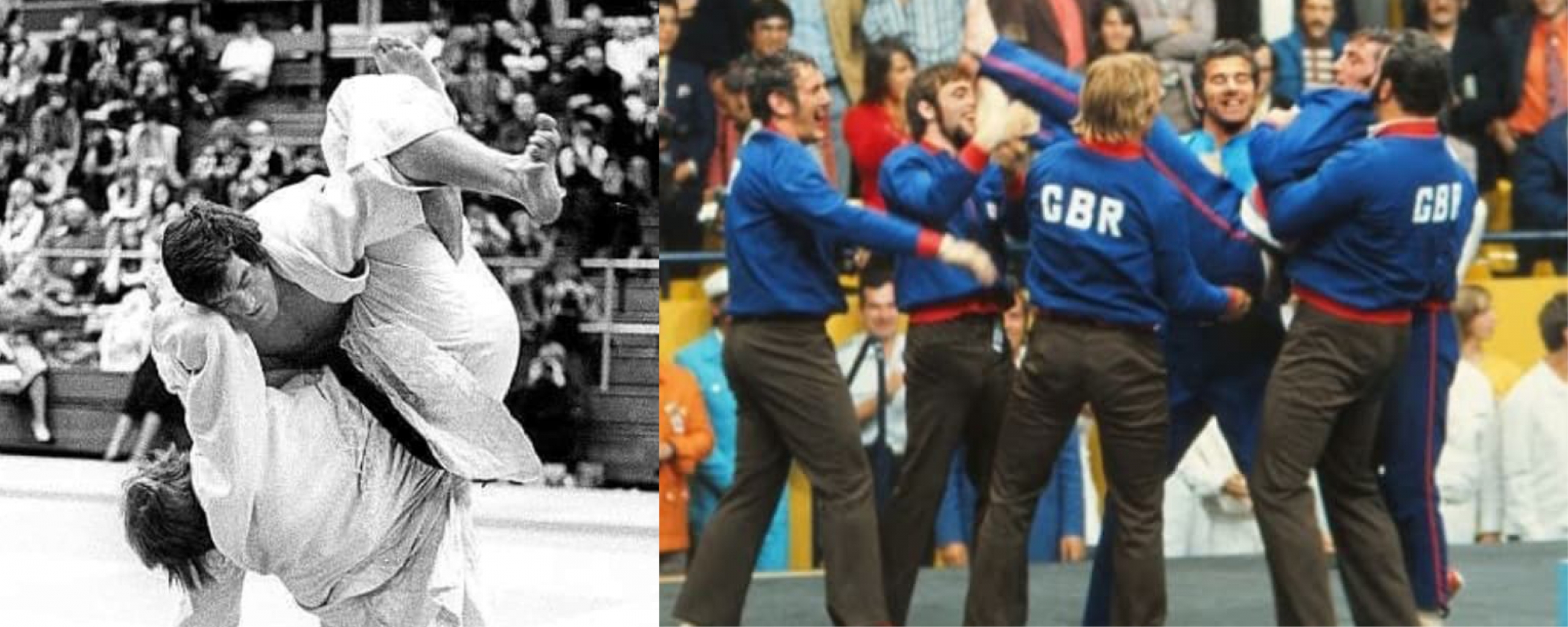
48 Years On – Remembering Britain’s First Olympic Medal
August 31, 2020

48 years ago today, a fresh-faced Dave Starbrook stepped onto the mat at the 1972 Olympic Games in Munich, but little did he know, that that day would change his life as he became Britain’s first ever Olympic medallist.
At the time of judo’s Olympic debut in 1964 David Starbrook was a 19-year-old and had stepped onto a judo mat for the first time only a few months previously.
David started judo aged 19 at Shoreditch YMCA before later moving to Renshuden after coming out of a Catholic Childrens home after spending almost the first 15 years of his life there. He moved in with his mother and started work as soon as he could. The YMCA offered free showers after class which appealed to David as the bath in his mothers flat used to get blocked especially in the summer!
Despite the handicap of a late start in the sport he moved quickly through the ranks of the middleweight division to become British champion and in 1971 won a bronze medal at the World Championships.
Starbrook originally planned to compete at the Munich Olympics as a middleweight but failed to make the weight at the preceding European Championship and opted to move to the -93kg class instead.
Long before UK Sport and athlete funding was implemented, judo athletes found themselves with amateur status and this was no different in 1972.
“I juggled full time employment as a plumber in London whilst training both before and and after work, in my work attire! A run around Regents Park in my hobnailed boots would start the day followed by a session of weights. As soon as work finished at 5:00pm, it was straight off for another run and an hour of newaza and an hour of tachi-waza.”
The competition didn’t get off to the smoothest start for the team as they were situated just two blocks away from the horrific massacre in which eleven Israeli athletes and coaches were killed by terrorists.
A mammoth competition saw Starbrook having to navigate through seven gruelling contests just to make it to the final with epic contests in the Quarter Finals (6 minutes), Semi Finals (8 mins) and 10 minutes in the Gold medal contest.
Starbrook remained unnerved though as the day wore one. His childhood upbringing served him well and his steely resolved was tested!
“I didn’t actually feel any nerves throughout the day. I loved competitions and being a Catholic boys childrens home lad, you didn’t get the chance to be nervous. You had to look out for yourself because there was no one else to do it for you.”
A relatively straight forward first round victory against Liechtenstein’s Hans-Jakob Schädler opened the day in the perfect manner for Starbrook and at just 24 seconds long, proved to be an ideal start with all remaining contests at least four minutes long.
He would eventually succumb to Russian Shota Chochishvili in the Final via decision (if scores were level at the end of regulation time, a mat referee would decide which athlete had won the contest) – an opponent he defeated in Quarter Finals earlier in the day – only for the Russian to qualify through the repechage. He had chances to take home Gold in the Final with the Russian managing to spin out of numerous ashi-waza attempts.
“That was the hardest decision I had to take on the mat! Losing by a decision to an opponent that I had beaten earlier in the day was a bitter pill to swallow”
“I wasn’t expecting to medal in Munich. However as we boarded the plane, a BJA official said that if anyone did medal, they would be made for life!”
“There was never any pressure to bring back a medal by the team or staff. As you can imagine, it was a lively team with the likes of Brian Jacks and Angelo Parisi all donning the GB kit and Ray Ross, Dr Kingsbury and Tony MacConnell all contributed to the camaraderie of the squad and we all pulled together as a team”

